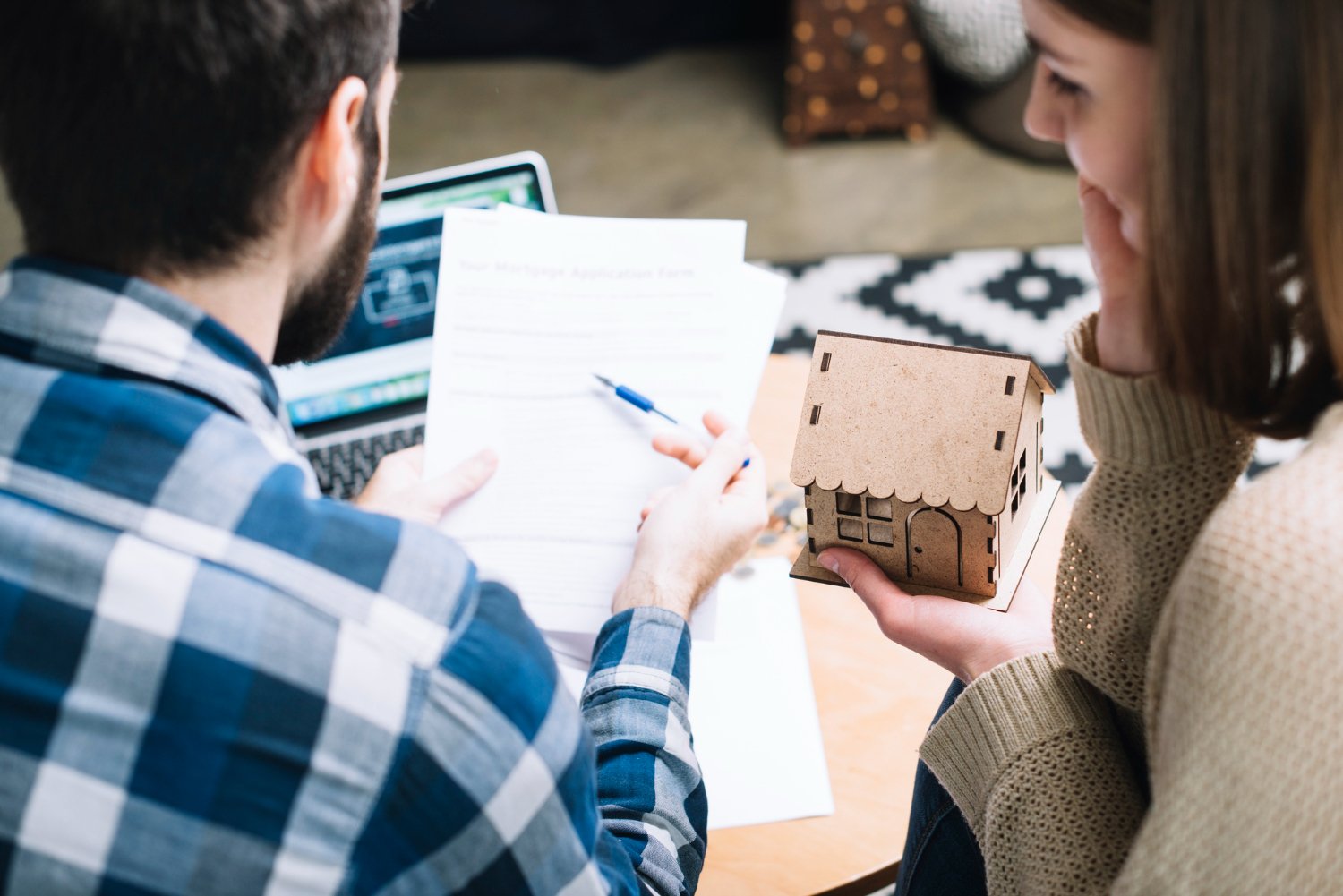When you’re budgeting for a new home, the down payment and mortgage aren’t the only expenses to plan for. The real cost of buying a home includes several hidden and unexpected fees that can surprise even seasoned buyers. Understanding these costs ahead of time helps you make smarter financial decisions—and keeps you from blowing your budget.
1. Closing Costs
What they are: Fees paid at the end of the real estate transaction. These include loan origination fees, title insurance, attorney fees, and more.
How much to budget: Typically 2% to 5% of the home’s purchase price.
2. Home Inspections and Appraisals
What they are: A home inspection reveals issues that may not be visible during a walk-through, while an appraisal determines the home’s market value.
How much to budget: $300–$600 for an inspection; $400–$700 for an appraisal.
3. Moving Expenses
What they are: Whether you’re hiring professional movers or renting a truck, the costs can add up quickly.
How much to budget: $500–$2,500 depending on distance and services needed.
4. Repairs and Upgrades
What they are: Even if the home is move-in ready, you might still want to paint, upgrade appliances, or replace flooring.
How much to budget: Varies greatly—but setting aside at least 1% of the purchase price annually for repairs is a smart move.
5. Furniture and Décor
What they are: You may need to furnish more space or replace older items to suit your new home.
How much to budget: Plan for several thousand dollars if you’re starting from scratch or upsizing.
6. Property Taxes and Homeowners Insurance
What they are: Recurring costs that must be factored into your monthly expenses.
How much to budget: Varies by location, but many lenders include these in your monthly mortgage payment.
7. HOA Fees
What they are: If you’re buying in a community with a homeowners association, you’ll be required to pay monthly or annual dues.
How much to budget: $100–$500/month depending on amenities and services.
8. Emergency Fund
Why it’s important: Unexpected repairs—like a broken HVAC or plumbing issue—can catch you off guard.
How much to save: Aim for 3–6 months of living expenses or at least $5,000 set aside for emergencies.
Final Thoughts
Buying a home is an exciting milestone—but to truly feel confident in your purchase, it’s essential to budget beyond the basics. Planning for the real costs upfront gives you peace of mind, financial stability, and a smoother homeownership journey.
Have questions about how to prepare for the unexpected? Let’s connect and walk through the numbers together.


